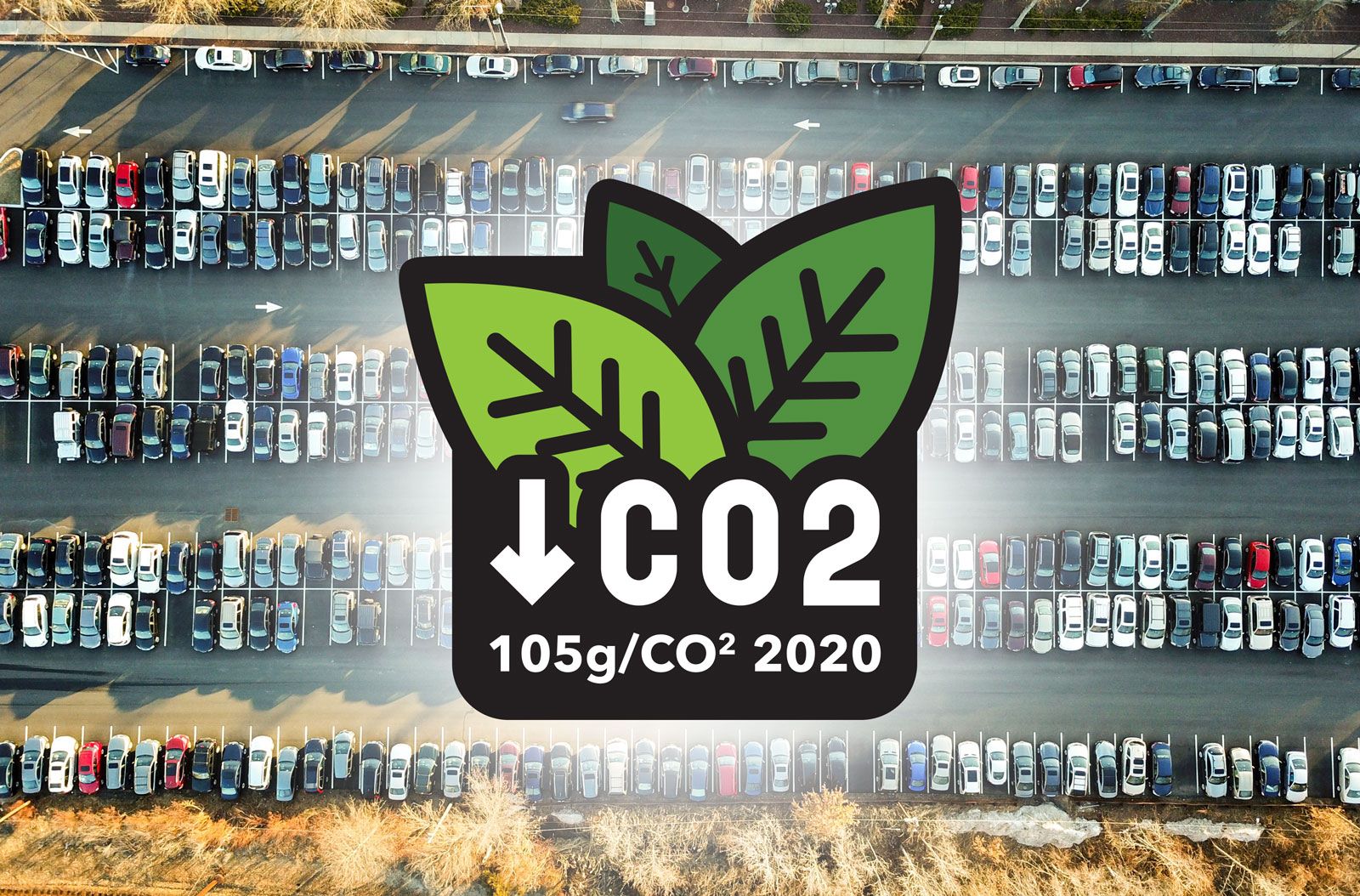We introduce our own emission standards
Setting the environmental trend

We are committed to pushing our own limits and setting an unexpectedly low CO2 standard for our entire fleet of 1,500 vehicles.
Despite the diversity of the fleet, which includes a robust fleet of commercial vehicles in addition to passenger cars, the vehicle operator will be able to achieve this goal, thanks in particular to a young fleet with an average age of 7.5 months, as early as 2020.
This bold and challenging step should help to reduce the environmental burden in the automotive industry and significantly lower the average CO2 emissions in the Slovak automotive industry.
Already in 2019, the average emissions of the company's fleet amounted to 120 g/km of CO2, which is at least 15% less than the rental car segment and up to 19% less compared to the fleets of operators of, for example, taxi services.
The target for 2020 is to achieve an average emission level of 105 g/km CO2 and to reach the prescribed European target of 95 g/km CO2 in 2021.
"We believe that this move to put less emissions burden on the country will be perceived by customers as innovative and that our low-emission vehicles will be all the more desirable - and, by their very nature, attractive - to customers," says Vladimir Orth, CEO of AVIS.
An essential element of the company's commitment is social responsibility and building a sustainable growth company on a clean basis, recognising that there is currently no legally binding regulation in Slovakia that restricts the operation of cars with a high environmental footprint.
It is precisely due to the lack of legislation to prevent the purchase of old emission-emitting vehicles that thousands of used cars are flowing into the country from countries where such restrictions are already in force. These facts have resulted in a long-term trend where CO2 emissions in Slovakia are not being reduced, as in the EU, but are even increasing slightly.

It is obvious from the current statistics that improvement in our country is only slowly occurring. Slovakia is lagging behind in the 2017 new car emissions published by the EEA. Cars in Slovakia emitted an average of 126.1 g CO2/km, the European average was 118.5 g CO2/km. The European Union's strategy is to reduce emissions for car companies from 130 g/km to 95 g/km by 2021.
"Our company is keen to be a leader in introducing new technologies and limits that will restrict the operation of high-emission vehicles in order to improve the quality of the country's environment," adds Vladimir Orth, CEO of AVIS.